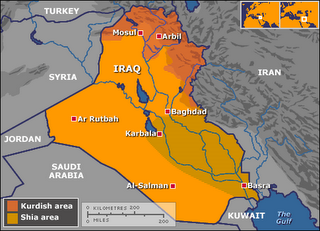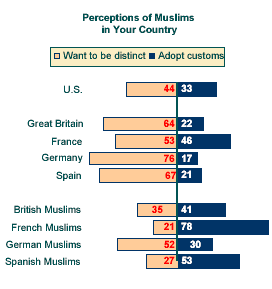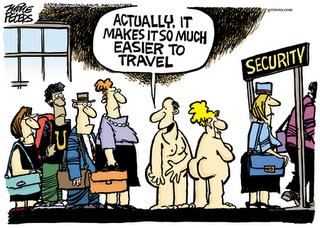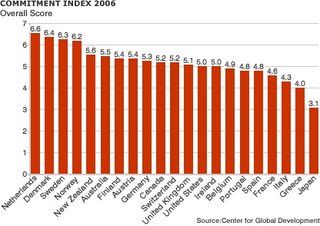There is a couple of good articles in the September issue of the Atlantic Monthly. One called “Declaring Victory” holds a very provocative thesis – it claims that “the U.S. is succeeding in its struggle against terrorism” and “the time has come to declare the war on terror over; so that an even more effective military and diplomatic campaign can begin.”
I thought I detected some irony there but I wasn't sure and in any case, the article presented such an iconoclastic view that it picked my interest. It turns out that even though he may be going too far, James Fallows, the journalist who wrote it, makes some valid comments on the whole terrorist issue:
One of the people he interviewed for his paper – an expert on terrorism - compared today’s terrorists to the European anarchists of the late 19th century and said it is our reaction which can cause the most damage (citing the assassination of Archduke Ferdinand and his wife which started WWI). In fact, another expert, Marc Sageman also makes a comparison with 19th century anarchists who were, according to him, like today’s Jihadists, in that hey were “romantic young, people in a hurry with a dream of changing the world and kept pushing the envelope and committed more atrocities until the dream was no longer attractive to other young people."
It is true the terrorists have actually alreday killed more Muslims than non-Muslims. They have also certainly killed more Iraqis than the US army has. Attacking mosques may in the end prove to be their greatest mistakes, but has it been enough for enough Muslims to realize that the terrorists are a greater threat to them than to non-Muslims?
Of course, ironically the war in Iraq has also been a great advertising campaign for the recruitment of more terrorists in the sense that it has greatly undermined the moral authority of the US. A former director of Britain’s secret intelligence agency MI-6 makes a good remark on the perception of the U.S. in the world today:
The United-States is so powerfully military that by its very nature, it represents a threat to every other nation on earth. The only country that could theoretically destroy every single country is the United-States. The only way we can say that the U.S. is not a threat is by looking at intent, and that depends on moral authority. If you’re not sure the United-States is going to do the right thing, you can’t trust it with that power, so you begin thinking. How can I balance it off and find other alliances to protect myself?
As James Fallows then puts it, "America’s glory has been its openness and idealism, internally and externally". Well, those qualities are certainly being threatened today.
Another good point raised by another interviewee is that the terrorists have to try to top their last attack, because the public becomes desensitized and the media may pay less attention to it and toping 9/11 is not exactly something they can do easily. I think this is not so much true in the U.S. but it is a valid argument in Israel and partly in Europe. That's why a 'nuclear' attack, like a dirty bomb, could be the next phase as it would cecrtainly make an impact ven if it killed only a few people.
But the main point of the article is to say the “war on terror” is counterproductive. James Fallows says that we should simply consider terrorism as "another peril of urban life". The terrorists, he says, "cannot destroy us by their own efforts, and their real destructive power lies in what they can provoke us to do". I agree there. Not only does fear cause us to step on our some of our most cherished values, including freedom and democracy, but it damages our relationship with the Muslim world and create potential enemies.
Their most dangerous weapons are not so much the terrorists' bombs, butthe very actions we take because of our feeling of insecurity, fear, anxiety, hysteria. As we continue to see in the news, this is certainly where they cause the most damage to our societies. It is also their goal.
So how much longer are we going to take the bait? What we must certainly do is refuse to overreact. But in our global world of 24 hour media connection, it is certainly a greater challenge than it was in the 19th century. Insecurity, fear, anxiety, hysteria can certainly propagate much more rapidly and more globally in today's world.
Of course, it does not mean we should get rid of security check-points, or be complacent, but as Fallows suggests, language training, agent training, but also the containment of “loose nukes” or diplomacy should certainly be some of the tools that have been neglected and should thus play a bigger role in the war on terror.











